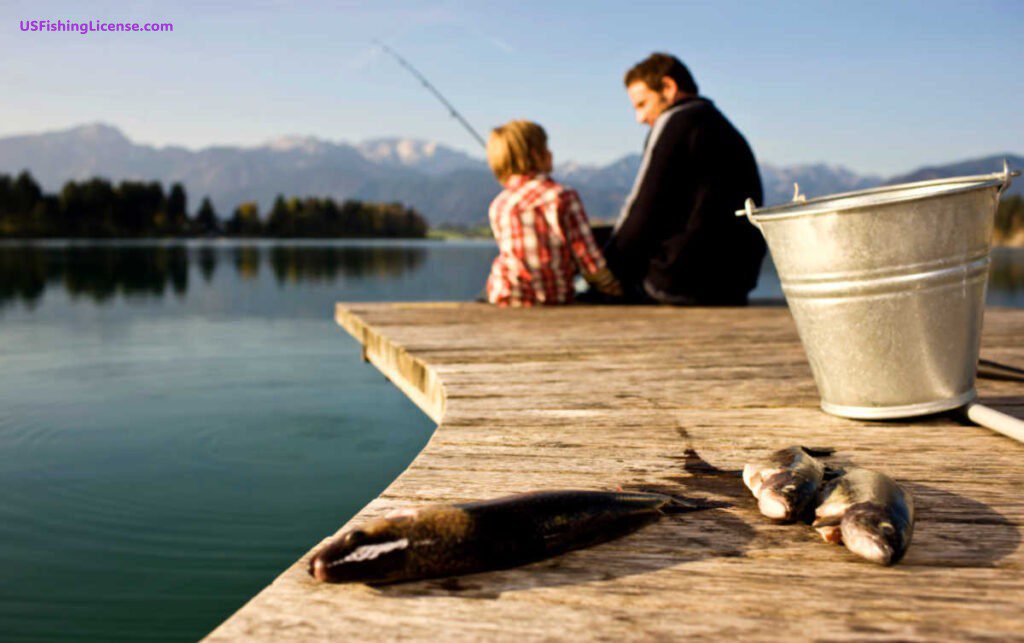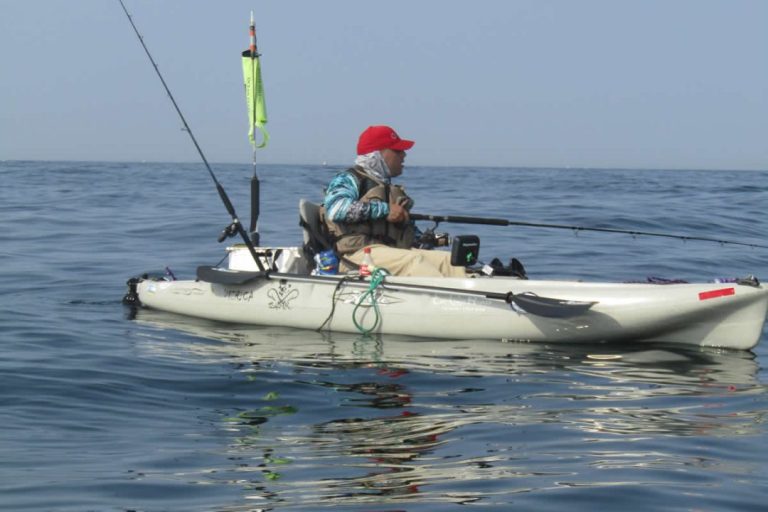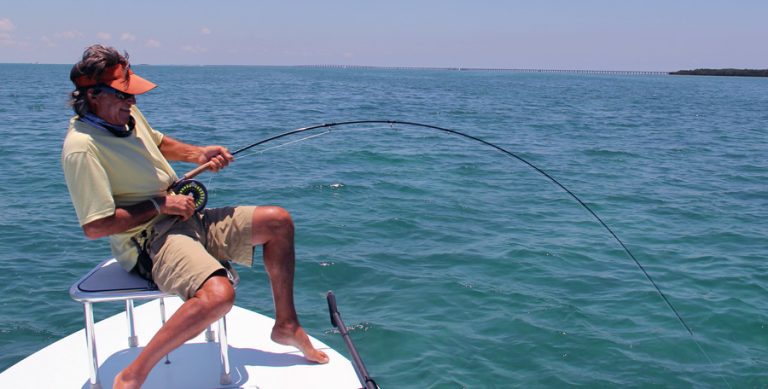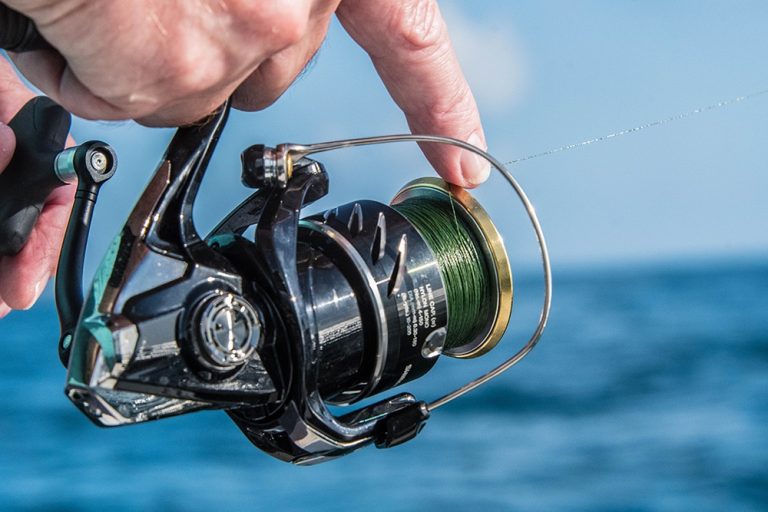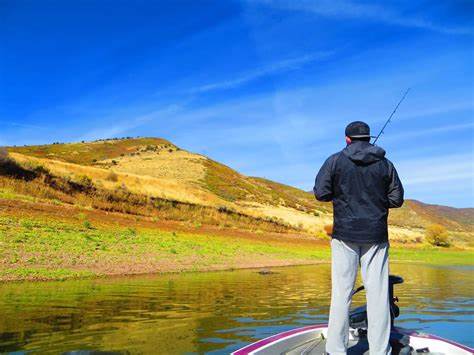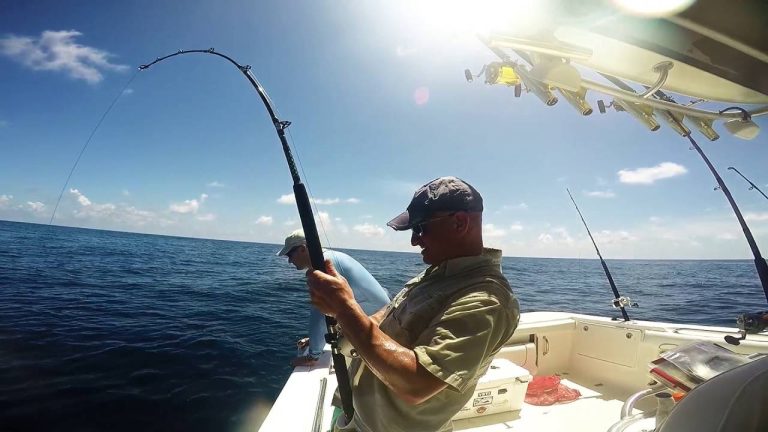Fishing is a cherished pastime in Kentucky, offering a wealth of opportunities to connect with nature and enjoy the great outdoors. With numerous streams, rivers, and lakes teeming with diverse fish species, Kentucky is a prime destination for both residents and visitors alike. However, before casting your line, it’s essential to obtain a fishing license to comply with state regulations and contribute to conservation efforts. This guide will provide you with in-depth information on how to get a fishing license in Kentucky for 2025, covering types of licenses, costs, purchasing methods, regulations, and more.
Understanding the Importance of a Fishing License
A fishing license is not just a legal requirement; it plays a crucial role in the conservation and management of fish populations and aquatic habitats. The fees collected from fishing licenses support various initiatives aimed at preserving Kentucky’s natural resources, including:
- Fish stocking programs: Ensuring that lakes and rivers remain populated with healthy fish.
- Habitat restoration: Protecting and restoring natural habitats for fish and other wildlife.
- Fishing access improvements: Enhancing access to fishing locations for the public.
- Aquatic education and outreach: Educating the community about sustainable fishing practices.
- Fisheries research and management: Conducting studies to monitor fish populations and inform policy decisions.
By obtaining a fishing license, you are contributing to the sustainability of Kentucky’s fisheries, ensuring that future generations can enjoy the same fantastic angling opportunities.
Types of Fishing Licenses Available in Kentucky
Kentucky offers a diverse range of fishing licenses to accommodate both residents and non-residents, ensuring that everyone can enjoy the state’s rich aquatic resources. Here’s a detailed overview of the types of fishing licenses available for the 2025-2025 season, along with their costs.
Resident Fishing Licenses
Kentucky residents have several options when it comes to fishing licenses:
- 1-Day Fishing License: $7.00
- Annual Resident Fishing License: $23.00
- 3-Year Resident Fishing License (Online Only): $55.00
- Joint/Spouse Annual Fishing License: $42.00
- Annual Combination Hunting/Fishing License: $42.00
- Sportsman’s License: $95.00 (includes hunting and fishing privileges)
- Senior/Disabled Sportsman’s License: $12.00 (for residents aged 65 and older or those with disabilities)
- Trout Permit: $10.00 (required for trout fishing)
For more details, visit the Kentucky Department of Fish & Wildlife Resources.
Non-Resident Fishing Licenses
Non-residents also have access to various fishing licenses:
- 1-Day Non-Resident Fishing License: $15.00
- 7-Day Non-Resident Fishing License: $35.00
- Annual Non-Resident Fishing License: $55.00
- Trout Permit: $10.00
These licenses allow non-residents to experience Kentucky’s vibrant fishing opportunities while contributing to conservation efforts.
Special Licenses for Seniors
Kentucky provides specific licenses for senior anglers, enhancing accessibility:
- Senior Lifetime Sportsman’s License: $180 (includes hunting and fishing licenses and permits for various species). This license is beneficial for seniors who fish regularly.
- Annual Senior Sportsman’s License: $12 (valid for one year, offering the same benefits as the lifetime option).
Who Needs a Fishing License?
In Kentucky, any individual aged 16 or older must possess a valid fishing license when fishing in public waters. However, there are exemptions:
- Residents under 16 years old.
- Resident landowners, their spouses, and dependent children fishing on their own property.
- Tenants, their spouses, and dependent children fishing on farmlands where they live and work.
Additionally, resident servicemen on furlough for more than three days are exempt from needing a license.
Important Dates
The 2025-2025 fishing license year starts on March 1, 2025, and runs through February 28, 2025. All licenses purchased during this period will be valid until the end of February next year. Remember that certain regulations apply during specific seasons; therefore, always check the latest updates on the Kentucky Department of Fish & Wildlife Resources website for any changes or additional information regarding fishing opportunities in Kentucky.
How to Purchase a Fishing License
Purchasing a fishing license in Kentucky is a straightforward process, with several convenient options available for anglers. The new license year begins on March 1, 2025, and runs through February 28, 2025. Here’s how you can obtain your fishing license:
Online Purchase
You can easily buy your fishing license online through the Kentucky Department of Fish & Wildlife Resources official website. To purchase online:
- Visit the Kentucky Fish and Wildlife License Sales portal.
- Fill in your personal details.
- Select the type of license you need.
- Pay using Mastercard, Visa, Discover, or an e-check.
Once your transaction is complete, you will receive a printable image of your license and an authorization number, which you must carry while fishing. This method is secure and allows you to buy your license anytime.
In-Person Purchase
If you prefer to purchase your license in person, it’s available at over 900 local vendors throughout Kentucky. These include county stores, bait shops, and larger chain outlets. This method not only supports local businesses but may also provide valuable insider fishing tips from experienced anglers. You can find a list of vendor locations on the Kentucky Fish and Wildlife website.
Phone Purchase
For those who wish to purchase by phone, simply call 1-877-KYTAG01 (1-877-598-2401). This option allows you to provide your details and select the type of license you wish to purchase directly over the phone. Note that a small convenience fee may apply for phone orders, and payment can be made using Visa, Mastercard, or Discover. After completing the process, you will receive an authorization number to keep handy while fishing.
Important Considerations
Before heading out to fish, ensure you are aware of the regulations concerning size limits and seasonal restrictions. The 2025-2025 Kentucky Fishing & Boating Guide, which will be available online at the start of the new license year, provides comprehensive information about fishing regulations and opportunities across the state.
Fishing Regulations and Restrictions
Kentucky enforces various regulations to maintain healthy fish populations and ensure sustainable fishing practices. Understanding these regulations is crucial for all anglers. Here are some key points:
Allowed Fishing Methods
- Rod and reel
- Pole and line
- Trotline
- Jugline
- Limbline
- Bowfishing (for rough fish only)
Prohibited Fishing Methods
- Snagging
- Grabbing
- Snaring
- Gigging (except for approved rough fish)
- Using dynamite or other explosives
- Using poisons or chemicals
Catch Limits and Size Restrictions
To protect fish populations, Kentucky has specific catch limits and size restrictions for various species. Below is a summary of some common species and their limits:
| Species | Daily Limit | Size Limit |
|---|---|---|
| Black Bass | 6 | 12-inch minimum |
| Crappie | 20 | 9-inch minimum |
| Catfish | No limit | None |
| Trout | 8 | No minimum size |
| Muskellunge | 1 | 36-inch minimum |
Popular Fishing Spots and Their Regulations
Kentucky boasts numerous world-class fishing destinations, each with its own set of regulations. Here are some popular spots:
Kentucky Lake
- Known for bass, crappie, and catfish fishing.
- Size Limits: 15-inch minimum size limit for largemouth bass; 10-inch minimum size limit for crappie; no minimum size limit for catfish.
Lake Cumberland
- Famous for striped bass and walleye fishing.
- Size Limits: 15-inch minimum size limit for walleye; 22-inch minimum size limit for striped bass; catch and release only for trout from October 1 through March 31.
Nolin River Lake
- Great for bass, crappie, and walleye fishing.
- Size Limits: 15-inch minimum size limit for largemouth bass; 9-inch minimum size limit for crappie; 18-inch minimum size limit for walleye.
Conservation Efforts
The funds generated from fishing license fees are vital for supporting various conservation initiatives in Kentucky. These efforts aim to protect aquatic ecosystems and ensure sustainable fishing practices. Some key conservation initiatives include:
- Fish stocking programs: Regularly replenishing fish populations in lakes and rivers to maintain healthy ecosystems.
- Habitat restoration: Restoring natural habitats to support fish and other wildlife.
- Fishing access improvements: Enhancing public access to fishing locations, making it easier for anglers to enjoy the sport.
- Aquatic education and outreach: Educating the public about sustainable fishing practices and the importance of conservation.
- Fisheries research and management: Conducting research to monitor fish populations and inform management decisions.
By purchasing a fishing license, you contribute directly to these conservation efforts, ensuring that Kentucky’s fisheries remain vibrant for future generations.
Conclusion
Obtaining a fishing license in Kentucky is a straightforward process that supports conservation efforts and ensures compliance with state regulations. Whether you are a resident or a visitor, understanding the types of licenses available, the costs, and the purchasing methods will help you enjoy a legal and enjoyable fishing experience in the Bluegrass State.
Always check the latest regulations before heading out, and happy fishing! For more detailed information, visit the Kentucky Department of Fish & Wildlife Resources website.
Can I fish in Kentucky without a license?
No, with a few exceptions (such as landowners fishing on their own property or children under 16), everyone must have a valid fishing license to fish in Kentucky’s public waters.
Do I need a separate license for freshwater and saltwater fishing in Kentucky?
No, Kentucky’s fishing licenses cover both freshwater and saltwater fishing within the state.
How long is a Kentucky fishing license valid?
The validity of your fishing license depends on the type of license you purchase. Annual licenses are valid for one year from the date of purchase, while short-term licenses (such as 1-day or 7-day) are valid for the specified number of days.
Can I use my fishing license from another state to fish in Kentucky?
No, out-of-state fishing licenses are not valid in Kentucky. Non-residents must purchase a Kentucky fishing license to fish in the state’s waters.
What happens if I lose my fishing license?
If you purchased your license online, you can easily reprint it from the Kentucky Department of Fish and Wildlife Resources website. If you bought your license in-person or by phone, contact the vendor or the KDFWR Information Center for assistance.



